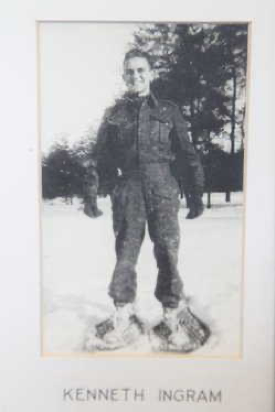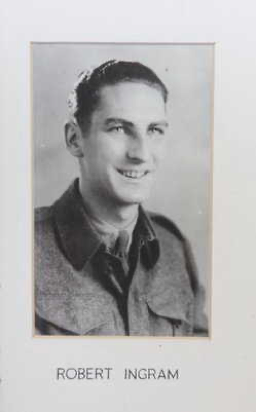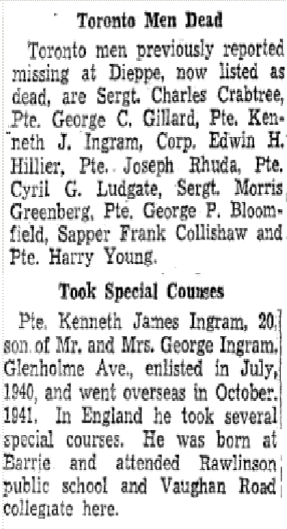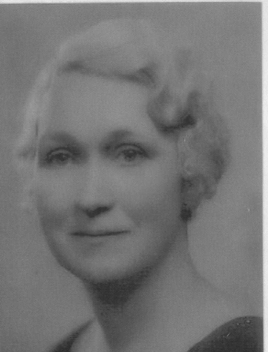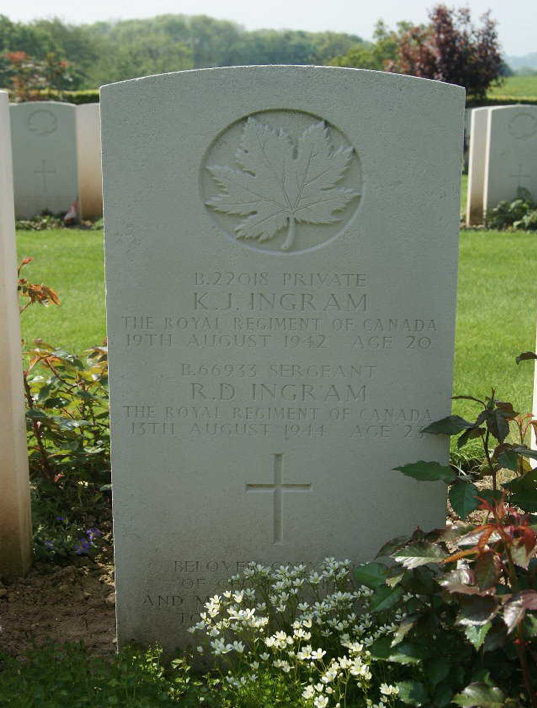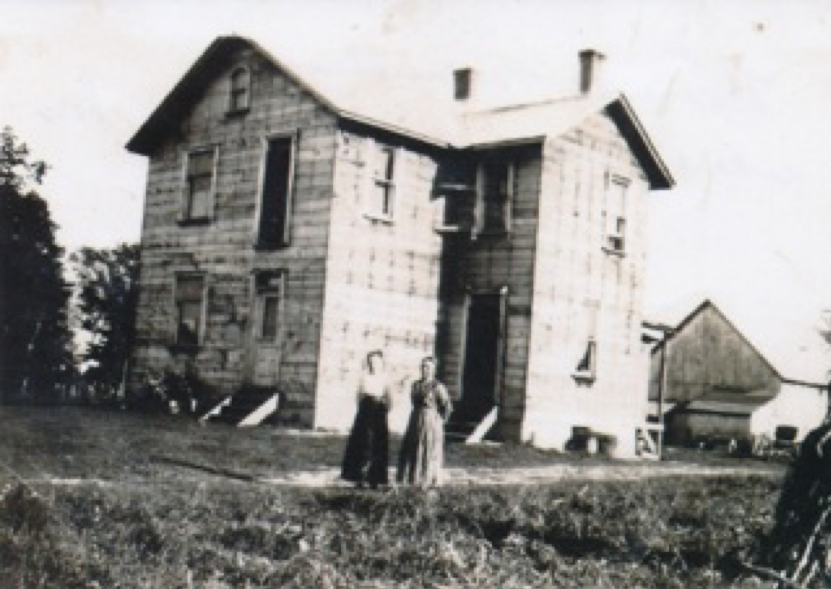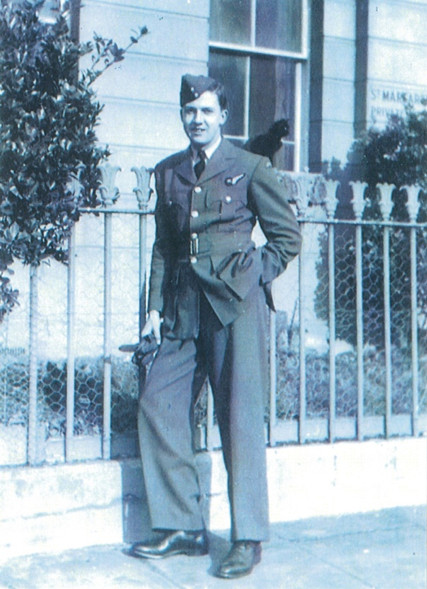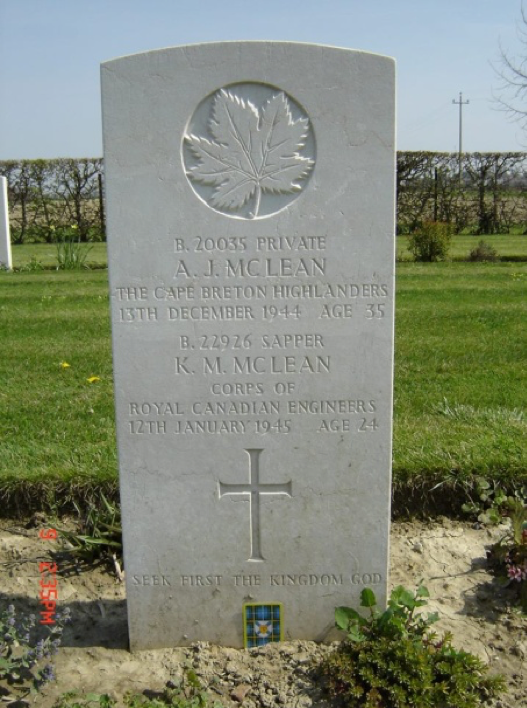FOUR POPPIES, TWO HEADSTONES
By Raffaella Cortese de Bosis
Ingram Brothers
Northern France, summer 1942. In Dieppe, a small town on the coast, the atmosphere is far from being serene. The German occupation has taken over this territory. The beautiful villas overlooking the sea have been commandeered by the German Army and massively fortified. The areas overlooking the sea manned. Surveillance by the Nazis is constant. Tension is tangible, even for children.
Valentin and Lucie, brother and sister, are just over ten years old. They are used to scurrying and finding in the poor objects thrown here and there a real wealth with which to play. Before dawn of August 19, only half-awake, Valentin senses danger, does not know what is going on but something scares him deeply. He takes Lucie by the arm and they run for shelter. They find it under a few shrubs. They hide themselves hoping they won’t be found. They hold hands. Hell breaks loose: deafening noise, hissing of bombs, dust everywhere, desperate screams. It is the beginning of the raid on Dieppe: Operation Jubilee. Wanted by the Allies, it has seen an impressive deployment of forces : out of 6,100 committed men, about 5,000 are Canadians. Departed from the English coast and heading to France, they are faced with a wall of fire of such magnitude that the operation can be concluded within a matter of hours in favor of the Germans, with catastrophic results for the Allies. It is a carnage.
Valentin and Lucie stayed all day and part of the night under the shrubs. The din is over, no shots are heard and the children try to peek out. They’re terrified. Just outside the hideout is the sea. In the darkness, among mangled bodies, barbed wire, rubble, they wonder what all those turtles do on the shore; slowly the sea is pushing them further to shore. The innocent eyes of the child had mistaken the helmets dropped by dozens, for turtle shells. They cannot know that one of those helmets belonged to Kenneth James Ingram.
Pte Kenneth James Ingram, 21, Royal Regiment of Canada, is called upon to fight in this desperate operation. He is torn apart by the fury of the battle and loses his life on August 19. He will be awarded with the Defence Medal, the 1939-1945 Star, the War Medal and the CVSM with Clasp. News of his death reaches his family in Canada and his brother Robert Dalton, also of the Royal Regiment of Canada, stationed in England, who had his rank as a sergeant confirmed that day. The loss of his brother touches him deeply and he hopes to be able to bring a flower to his grave at Hautot-sur-Mer, once the nightmare of the war is over. A war that, however, shows no sign of ending. It goes through 1943 and part of 1944. Robert is still in England. It is the eve of the Normandy landings, June 6, 1944. He is appointed for it, but not with the first contingents. He arrives on 5 July with the Royal Regiment of Canada. Arriving in the village of Moulines, south of Caen, Robert falls under the blows of the enemy on August 13, 1944. Thanks to the compassion of a local gentleman, Robert is buried in the garden behind a shop. Robert will be awarded 1939-1945 Star, France and Germany Star, Defence Medal, War Medal and CVSM with Clasp.
The final chapter of this story is tremendously moving. Keith died on August 19, 1942 in Dieppe. Robert on 13 August 1944 in Moulines. Almost two years from each other and only 200 km away. Robert hoped to bring a flower to his brother Ken’s grave in Dieppe. A desire that he could not fulfill; their parents’, however, unpredictably comes true: they get permission for Robert to rest in the same tomb along with his brother Ken. Today, there is one headstone for the two Ingram brothers.
McLean Brothers
Winter 1944-45. Same damn war. We move 1,300 km southeast of Dieppe. We are in Emilia- Romagna to tie a symbolic thread never united until now. On November 9, 1944, the 8th British Army liberated Forlì and continued the advance. They freed Ravenna on December 4. Weather conditions are prohibitive and operations made tremendously difficult. Mud, scattered mines, incessant rain, fog. Everyday life here has been disrupted for a long time and strain is tangible, even for children.
Valentino and Lucia are brother and sister, they are just over ten years old. They live in the Bagnacavallo area. They have two cousins in France. Destruction, gunshots, dangers of all kind are the setting for their growth. They are content with very little, they manage to turn even a rock into a toy. On December 13, amid the horror of the fighting, they find a makeshift shelter in a freezing, dilapidated barn. Without making any noise, they wait, terrified, for this disaster to end. They know every nook and cranny in this neighborhood. When, exhausted, they realize that the battle is over they put their noses between one wooden axis and the other of the barn to look out. The Naviglio Canal is not so far away. They are miraculously safe. Among mangled bodies, barbed wire, rubble, it seems to them to glimpse, on the embankment, dozens of turtles … but they’re white. White? They are the abandoned helmets which have been covered with snow.
They cannot know that one of those helmets belonged to Alexander McLean.
Pte Alexander McLean is a proud member of the Cape Breton Highlanders Regiment of Canada. He is 35 years old. He is one of 8 children of Alex Dalgleish and Louisa May. Four of them are serving in Europe: two in Italy, one in the Netherlands and their sister, Lieutenant Kathren McLean, 33, is on duty at the 7th Canadian Hospital, Royal Canadian Army Medical Corps, British Liberation Army.
Their parents try to be strong, thinking of their children’s return home.
Unfortunately, however, comes the news that no one would ever want to receive: Alex, has been killed on December 13th on the Naviglio Canal. He had fought 1584 days! He was buried on the 15th in Villanova, northwest of Ravenna. Decorated with the 1939-1945 Star, the Italy Star, the Defence Medal, the War Medal 1939-1945 and the CVCM/clasp. Alex’s brother Keith, 26, a Royal Canadian Engineers, has been in Italy for about two years. On that winter his regiment is fighting not far from where Alex lost his life. On 12 January, 1945, in the area between Conventello and Comacchio, he is also killed. Less than a month apart in terms of time and about 15km away in geographical terms, the two brothers lose their lives. Keith will be decorated with the 1939-1945 Star, the Italy Star, the Defence Medal, the War Medal 1939-1945 and the CVCM/clasp. On 29 June 1945, Louisa, the mother of the two Fallen brothers, picks up pen and paper and writes to the Director of Records of the National Defense HQ, Canada:
“… I just got a letter informing me that my son Gunner Keith McLean has been buried. His older brother Alex J McLean was killed not far from there on December 13th, 1944. Should they be moved, would it be possible to give them burial side by side? ..”
Thinking of her two kids buried side by side, was for the Mother of some comfort in the face of the immense tragedy.
Louisa’s appeal does not fall on deaf ears. On 3rd January 1946, the Director of Records for Adjutant-General responded:
“…..accepting your request, Keith Mabin’s remains were exhumed from the place where they were initially buried, northwest of Ravenna, and respectfully placed in the same tomb along with his brother Alexander James…..”
Today there is only one tombstone for the McLean brothers in the Villanova Cemetery.
The Ingram brothers and the McLeans are linked by this common, moving destiny.
(One last note: the parents of the McLean brothers are buried at Ingram, Ontario)”


